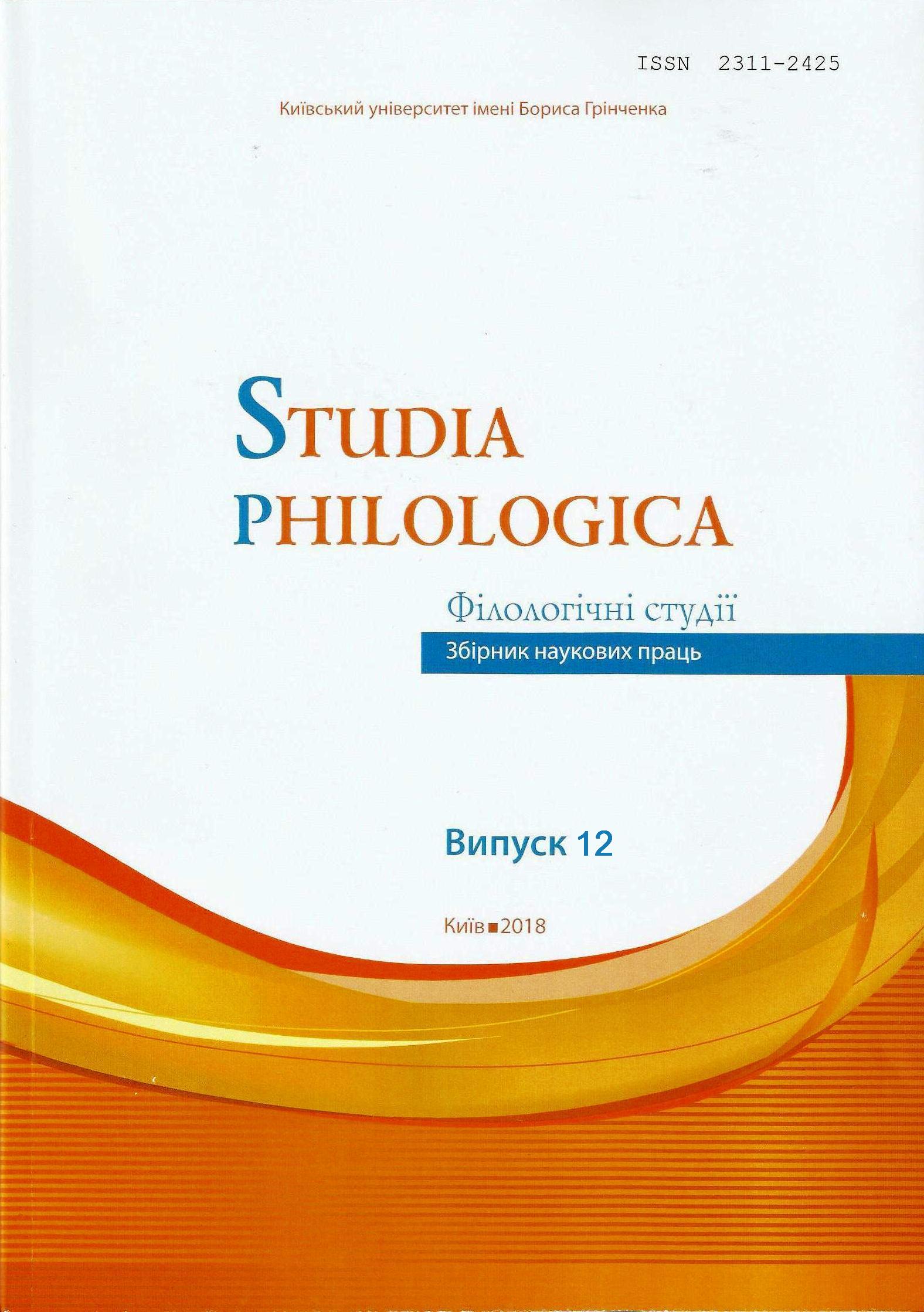NARRATIVE PERSPECTIVE IN EDGAR POЕ’S POETICS: A LINGUISTIC ASPECT
DOI:
https://doi.org/10.28925/2311-2425.2019.12.12Abstract
Edgar Allan Poe is an American poet, prose writer, essayist, literary editor and critic. The author’s works are mainly looked at from the perspective of literary criticism when studies, among other aspects, are aimed at exploring the aesthetic views of the author, the influence of his works on formation of symbolism in late 19 — early 20 centuries as well as the diversity of structural elements of the detective novel genre. Additionally, the philosophy of Poe’s consciousness is explored, and biographical facts of the author’s life are carefully analysed.
In its turn, this article systematizes the existing approaches to the study of poetics aiming at outlining specific features of poetics of Poe. A focus is made on the use of combined methodology that includes both stylistic analysis and empirical research methods.
In this article poetics is treated as a system of the author’s linguistic and conceptual preferences together with the ways of expressing the content of the text. This approach is applied to the study of both poetry and prose, and the research of the author’s poetics is understood as a detailed analysis of not only poetry or prose separately, but as a view of a comprehensive system of texts that consist of a plot, a narrator, characters, specific settings, etc.
In this research the nature of interaction of specific elements of Poe’s poetics as well as the peculiarities of narrative perspective in the author’s works are examined. In doing so, its components, specifically the author’s idiolect and idiostyle, are comprehensively considered by way of integration of various methods and approaches. The conclusion is made about narrative character of Poe’s poetic texts as their important feature. Narrative perspective is understood as the connection between the character and his relations with social surroundings described in the text. The factors that influence narrative difference between literary texts are outlined. Such notions as shift of perspective and focalization are clarified.


